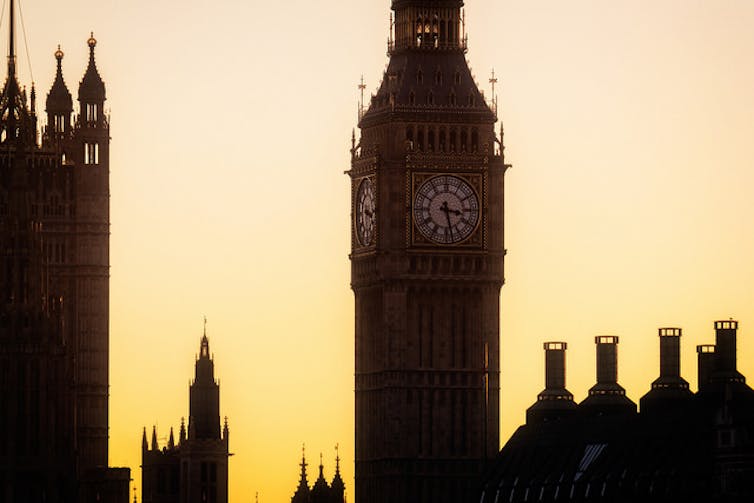The collapse of British Home Stores, as it was affectionately known to generations of shoppers before being rebranded BHS, has raised important public policy issues regarding the regulation of large companies. Simon Walker, head of the Institute of Directors, has spoken about a “lamentable failure of behaviour” and talked about the “moral responsibilities” of former owner Sir Philip Green.
It has certainly attracted the ire of the UK government. But it also raises broader questions about the type of society we want and what government wants to say to those getting ready to enter the workforce.
After administrators failed to find a buyer, some 11,000 BHS workers now know their fates – and Green is no doubt busily prepping for what will be a spiky appearance before a Parliamentary Select Committee. The government is right to be concerned, especially now that through the Pension Protection Fund it will have to foot the bill for the £571m deficit in the pension scheme which will mean that future pensioners get much less than they expected.
And while all this is going on, welfare claimants are increasingly being encouraged to get back into productive employment. To do so, they have to forego the certainty of their welfare payments and embark on work that they expect will lead to a secure and well-paid job, even if they first need to start on a zero-hours contract.
But unemployed people around the country may well be asking the government: how can we be sure that our pension payments are safe and is there a reasonable chance of a secure long-term future? Also, they may rightly ask whether it is morally right that they will have to pay tax while business owners can avoid this on hundreds of millions of pounds extracted from a business which they can sell, as in the case of BHS, for £1 to the twice-bankrupt Dominic Chappell, who immediately paid himself £540,000. They might also ask if they will have to indirectly fund the levies paid to support the Pension Protection Fund which picks up the pieces?

Paying dividend
It doesn’t help that Green is now able to sunbathe on his most recently acquired yacht, Lionheart, reportedly built at a cost of some £100m as he ponders the fate of BHS. He might expect some succour from his wife, who as a resident of Monaco does not need to worry about paying tax on the money transferred to her from the £423m in dividends taken out of BHS by Green.
All of this may well be legitimate and above board. But, behavioural economics tells us that we have an instinctive distaste for such manifest unfairness. Indeed, such is the aversion to such unfairness, laboratory experiments have shown that people are willing to “burn” their own money to punish those who violate this social norm. Of course, in everyday life they do not get the chance to do this, but instead expect central government to act on their behalf.
If it is to maintain trust and credibility, the government needs to reflect the outrage many people feel about the BHS case. This is vital if it wants to build a society where everyone feels they have a fair chance to succeed – and will not be sold en masse for £1, lose some of their pension, and face unemployment. It is a question of fairness and justice – something that all British political parties profess to espouse.

Moral reef
UK government psychological ploys – such as ramping up the negative associations of being on benefits – to get people engaged in the workplace will be undermined if the state is not seen to act on the BHS failure. This has the potential to be an emblematic case. The stores, as well as their former owner, are so prominent and are able to highlight issues that concern other, less known, companies too.
In particular, the moral case for requiring welfare claimants to leap joyfully into whatever productive employment is on offer will be shattered if the dismal business highlighted by BHS is not remedied by the government. Their response will send out an important message.
The law could perhaps address the scenario in which pension funds can fall into huge deficits while shareholders accrue large dividends. But whatever the practical response, if it fails to respect public sentiment, then it sets up a moral hazard. Welfare claimants may be forgiven if they hear the words ringing in their ears: “One law for the rich and another for the poor”. If as a result, they choose to stay on welfare, then who is to say that it is not a rational economic choice? It may not be a moral one, but then they would not be the only ones acting in this way.

